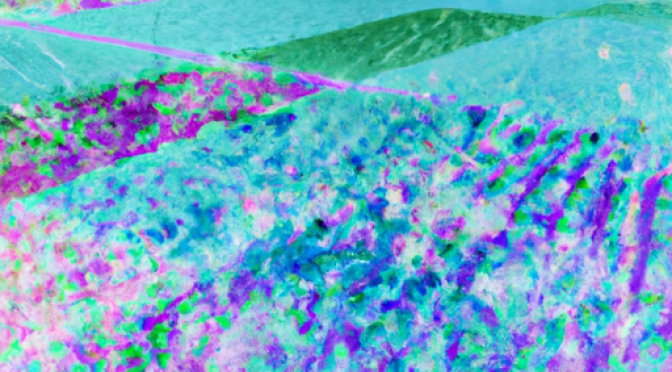Introduction
Urban farming, also known as urban agriculture, is the practice of cultivating, processing, and distributing food in or around urban areas. With the increasing global population and the challenges posed by climate change, urban farming has gained significant attention as a sustainable solution to food production. In recent years, machine learning has emerged as a powerful tool in assisting the evolution of urban farming techniques, enabling farmers to adapt to changing climate patterns and optimize their yields.
Climate Data Analysis
One of the key ways machine learning is assisting in urban farming is through climate data analysis. By leveraging historical climate data, machine learning algorithms can identify patterns and predict future climate conditions with greater accuracy. This information is crucial for urban farmers as it allows them to make informed decisions regarding crop selection, planting schedules, and irrigation management.
Predictive Crop Modeling
Machine learning algorithms can also be used to develop predictive crop models that take into account various environmental factors such as temperature, humidity, and sunlight. By analyzing these factors, machine learning models can predict the growth and yield of different crops under specific conditions. This enables urban farmers to optimize their crop selection and maximize their productivity, even in the face of changing climate patterns.
Smart Irrigation Systems
Water scarcity is a significant challenge in urban farming, especially in regions experiencing changing climate patterns. Machine learning algorithms can be employed to develop smart irrigation systems that optimize water usage based on real-time data. By monitoring soil moisture levels, weather conditions, and plant water requirements, these systems can automatically adjust irrigation schedules and minimize water wastage, ensuring efficient water management in urban farming.
Pest and Disease Detection
Another area where machine learning is assisting in urban farming is pest and disease detection. By analyzing images of plants and leaves, machine learning models can identify early signs of pest infestation or disease outbreak. This early detection allows farmers to take prompt action, preventing the spread of pests or diseases and minimizing crop losses. Machine learning algorithms can also suggest appropriate treatment methods based on the identified pests or diseases, further aiding urban farmers in maintaining healthy crops.
Conclusion
Machine learning is revolutionizing the field of urban farming by providing valuable insights and tools to adapt to changing climate patterns. Through climate data analysis, predictive crop modeling, smart irrigation systems, and pest and disease detection, machine learning is empowering urban farmers to optimize their farming techniques, increase productivity, and contribute to sustainable food production in urban areas. As climate change continues to pose challenges, the integration of machine learning in urban farming will play a crucial role in ensuring food security and resilience in the face of evolving climate patterns.

